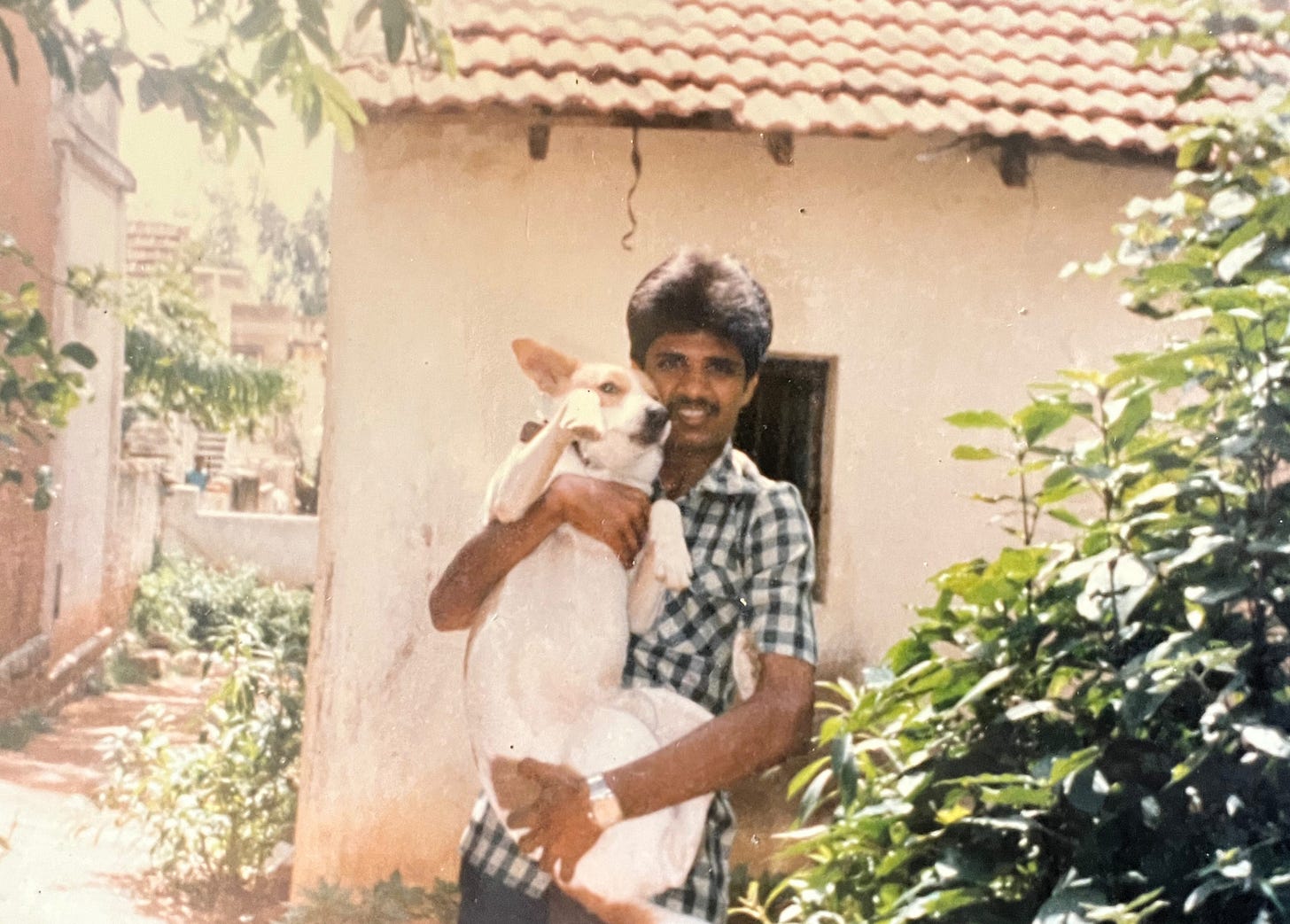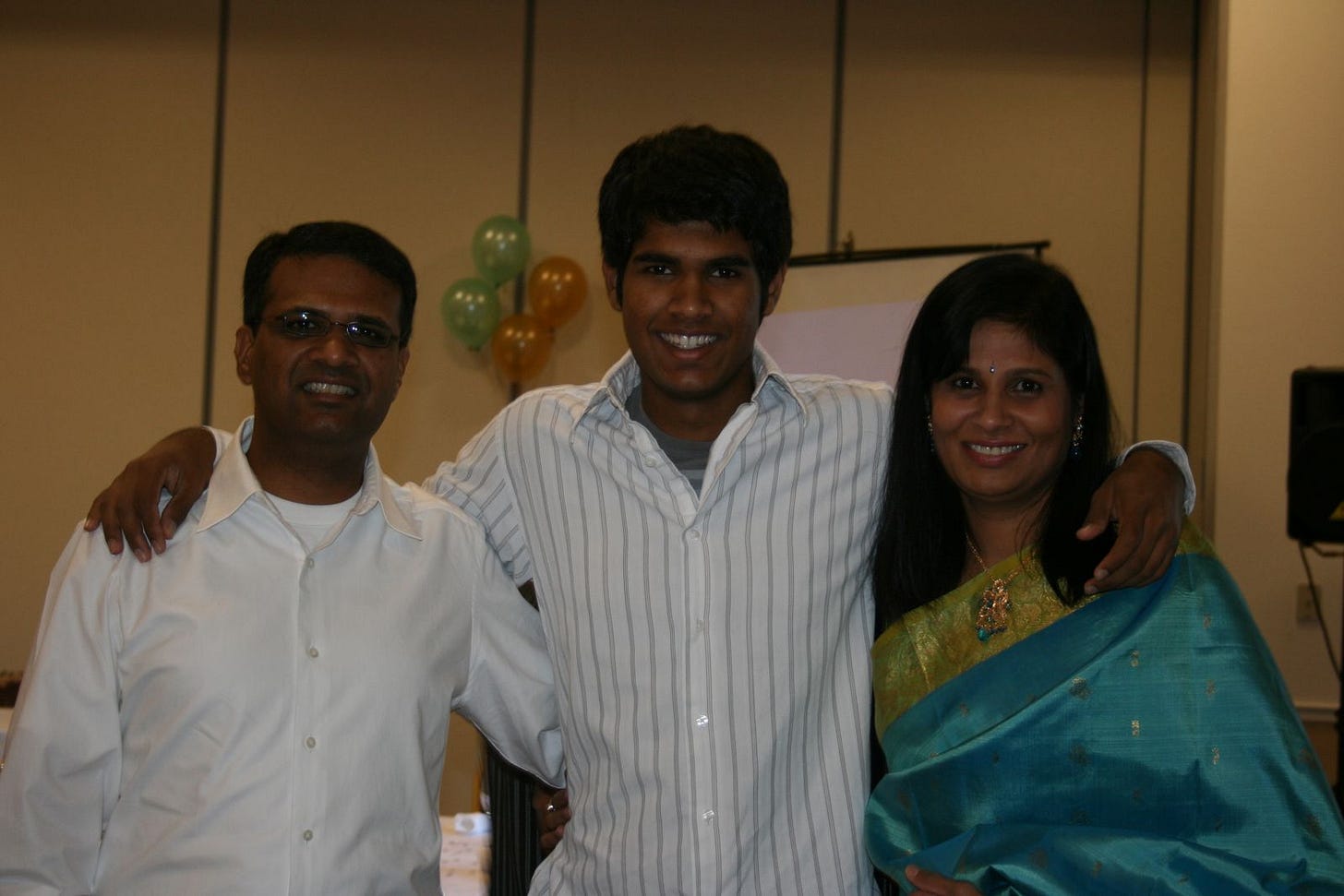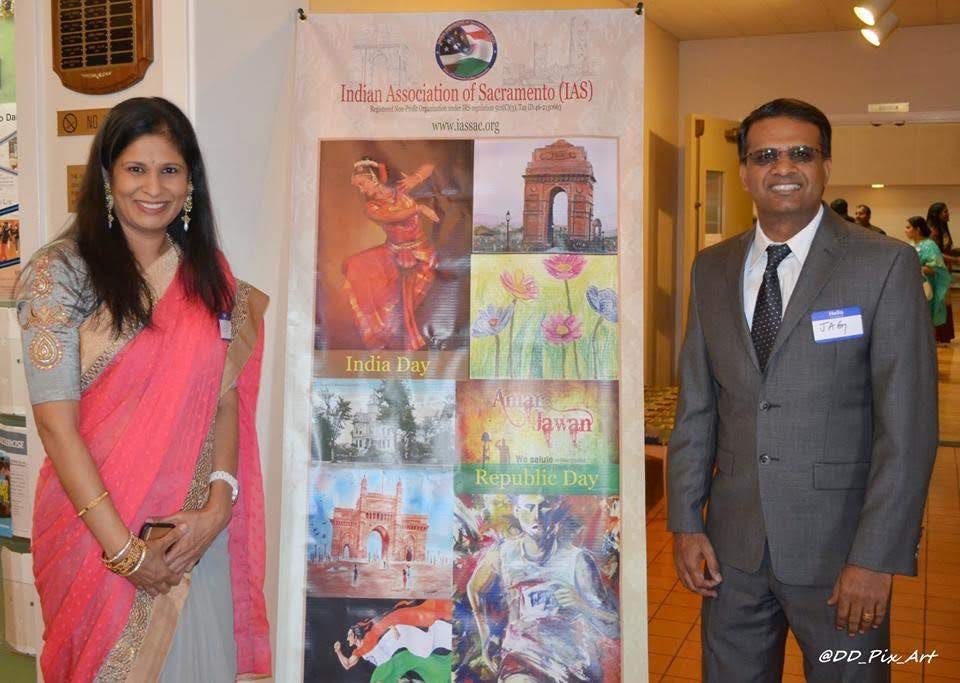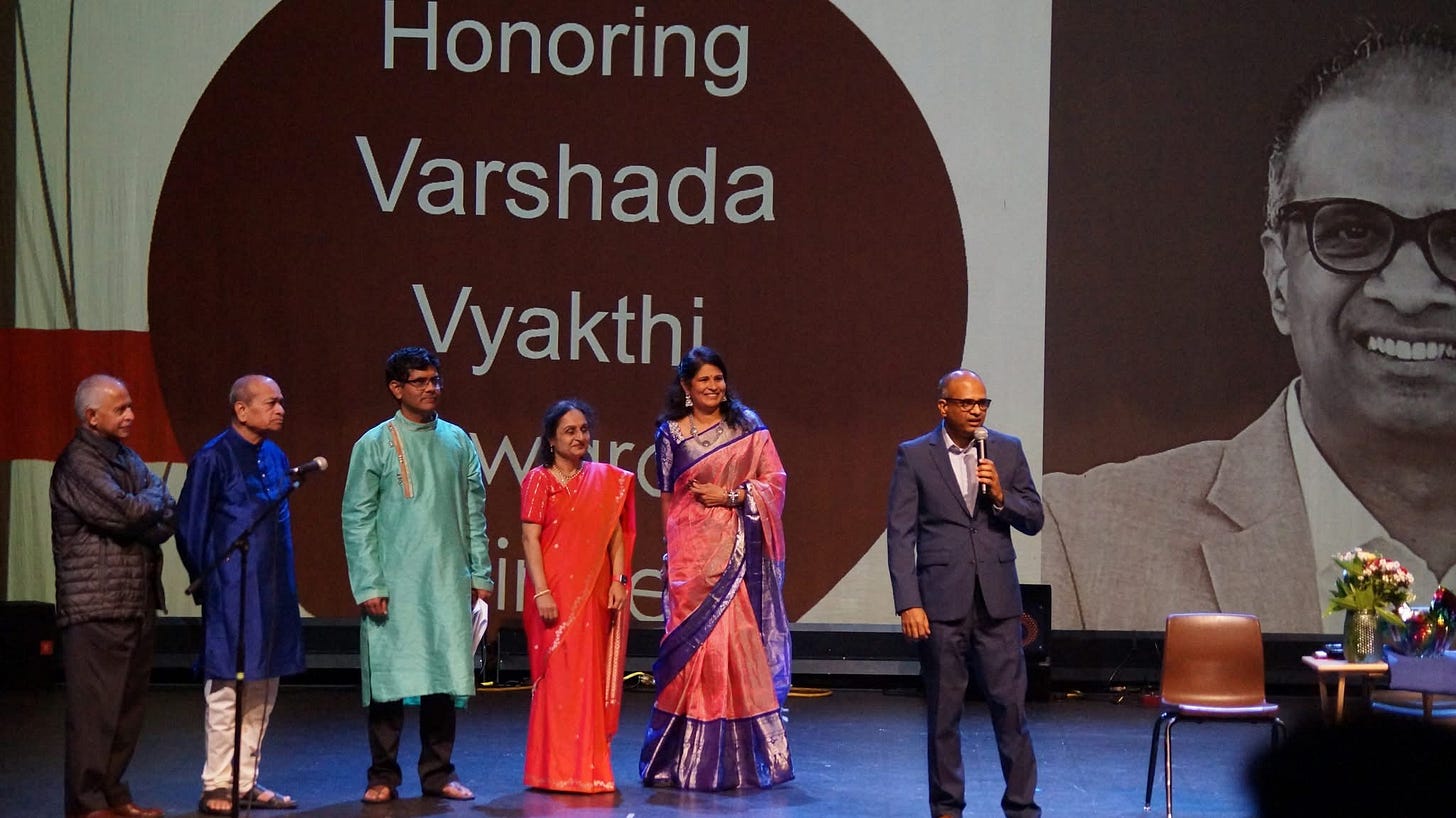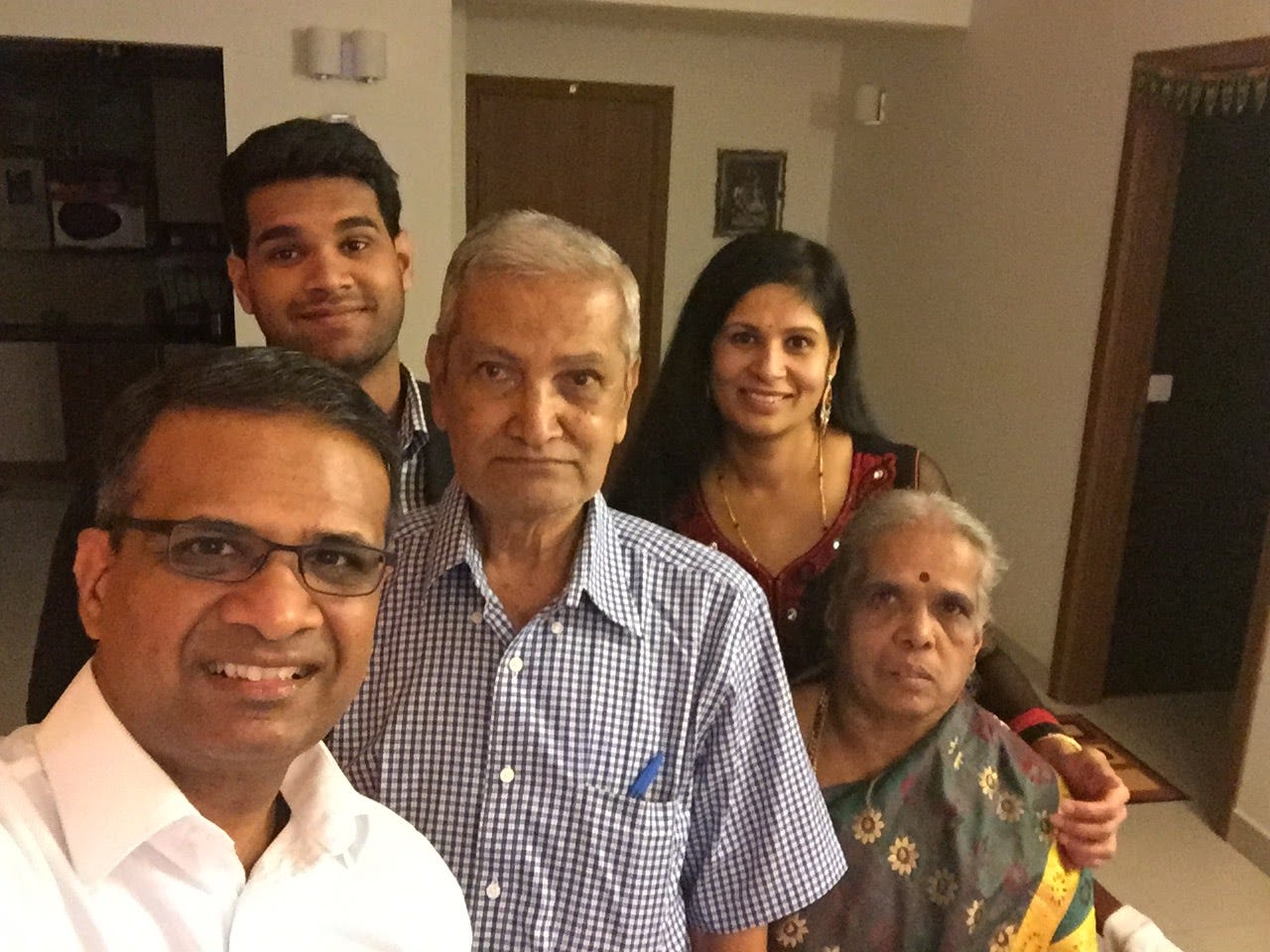For many, Valentine’s Day is about chocolate and flowers. For Jag Nagendra, it represents the start of a new love affair—with a new country. On February 14, 2000, at the age of 29, he left his home in Bangalore, India, and landed in the United States for the first time.
His journey began in New York City before he settled in Richmond, Virginia, to pursue a business opportunity with a partner. But his motivation ran deeper than just a career move. He was driven by a desire to provide a better life for his six-year-old son, continuing a legacy of migration for the next generation's future.
"My dad moved from a village to Bangalore so that he could give a better life for me. Then I'm moving all the way from India to the US to give a better life for my son,” Nagendra explained.


While the initial culture shock was real, Nagendra’s philosophy was to embrace challenges as opportunities for growth. Before he could shape the political landscape, he first focused on building a cultural foundation for himself and his community. Following a 2003 move to California, he began organizing for the local Indian community. As an active member and eventual president of the India Association of Davis and the Kannada Sangha of Sacramento, he worked to create a vital support system for fellow immigrants, organizing festivals like Diwali and Holi, and preserving their shared heritage.
“As part of the Kannada Sangha of Sacramento, where I was president in 2015, our goal was to keep up with the language and ensure that kids growing up here have exposure to Kannada as a language,” he said.
A move in 2017 became the catalyst for his entry into American politics. The short drive from the liberal Davis to the politically "red" city of Folsom represented a vast political difference. Inspired by this new environment, Nagendra dove into local organizing and helped transform the Folsom Area Democratic Club from a small group of 20 members to a force of over 300.
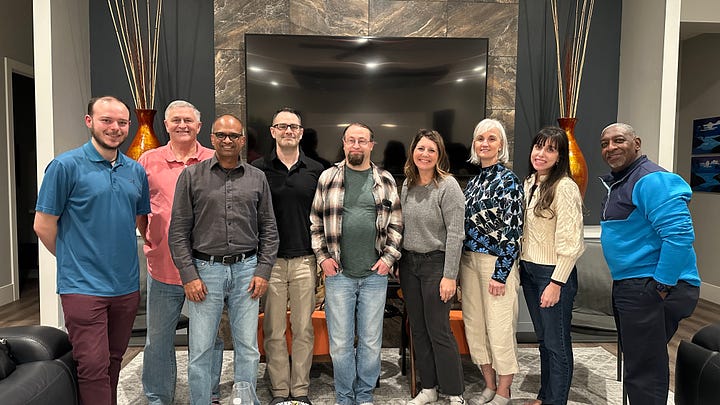
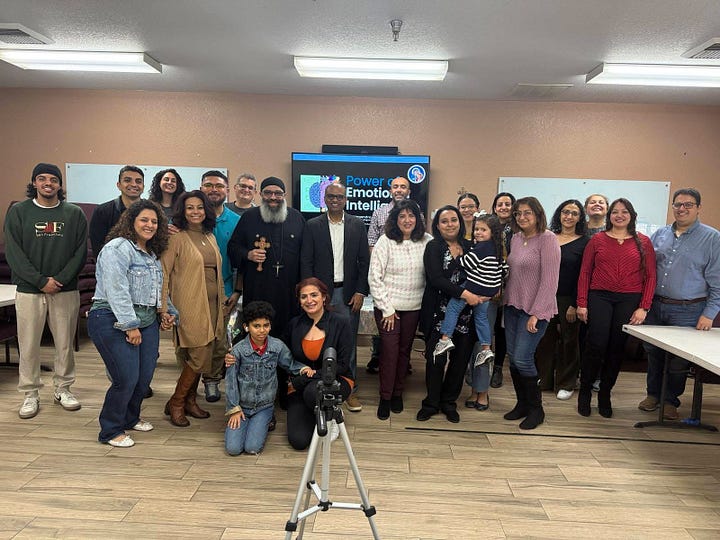
His leadership, however, transcends party lines. He focuses on practical, unifying work that benefits everyone. “We participate in city council meetings and focus on non-partisan issues like the city budget, which affects everyone,” he said. “We also organize community service projects, bringing not just Democrats but the whole community together. It's not a Democrat or Republican issue, but an issue as a resident.”
This community-first approach is central to his ultimate mission: to expand the perception of South Asian immigrants in America. He is determined to challenge the stereotype that limits the community to doctors and academics and instead include their role as civically engaged leaders.
“I believe we need to go beyond that and show that Indians are also great leaders,” Nagendra declared. “That’s what I want to change. We have leaders. We have people who fought for independence. In the end, everything comes down to leadership.”
His work, fueled by a desire to give back, is a testament to the symbiotic relationship he has built with his adopted home.
"All of this is shaped by my involvement in the community, and so I am very thankful to the community for making me who I am," he reflected. "It has not happened on my own, but it is by those experiences that I have been able to make an impact.”





